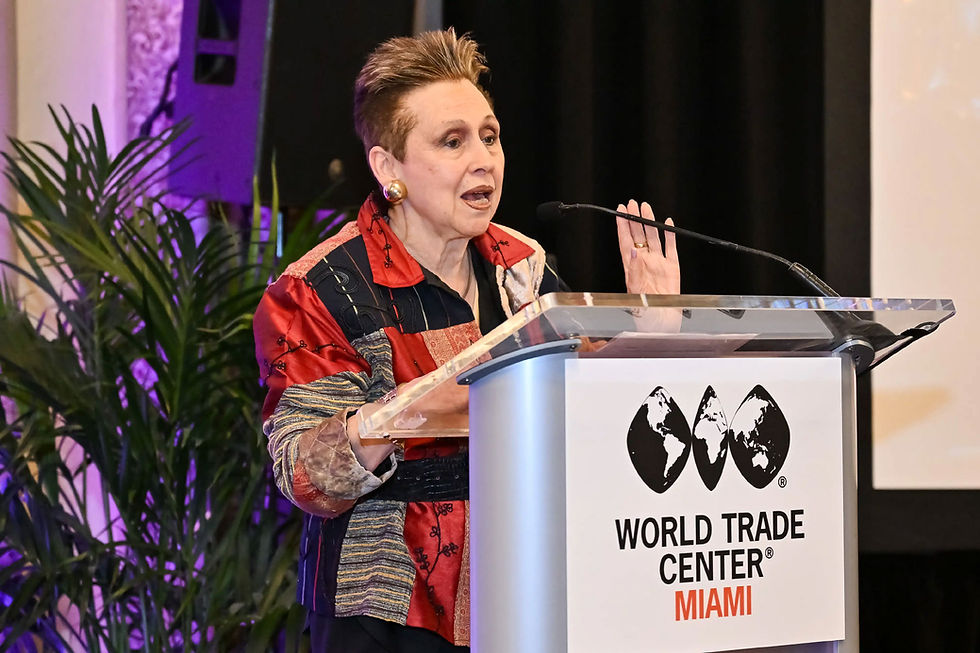AI in International Arbitration: A Double-Edged Sword?
- MIAS
- May 15, 2025
- 1 min read
MIAS member Tiffany Comprés explores the promise and pitfalls of integrating AI into international dispute resolution. [Global Miami]

As the complexity of cross-border disputes grows, the international arbitration community is increasingly turning to artificial intelligence (AI) for support. In a recent article in Global Miami, MIAS member Tiffany Comprés—founding partner at Pierson Ferdinand LLP and co-chair of international disputes—offers a compelling overview of how AI is transforming arbitration practice while raising critical ethical and procedural questions.
From streamlining document review to generating first drafts and analyzing legal patterns, AI is already assisting counsel and arbitrators in significant ways. Natural language processing enables faster analysis of multilingual documents, while machine learning tools help assess evidence and identify legal trends. Looking ahead, AI may soon serve as a mock arbitrator, calculate damages, or even help engineer experts present animated reconstructions of contested events.
Yet, Tiffany cautions, the promise of AI comes with profound challenges. Data bias, limited transparency, and the difficulty of ensuring that AI-generated outcomes meet international standards for reasoned awards all raise serious concerns. Moreover, the irreplaceable value of human judgment—especially in culturally complex disputes—means that hybrid models may be the most responsible path forward.
This is a must-read for anyone navigating the future of international dispute resolution.
👉 Read Tiffany’s full article in Global Miami Magazine here



